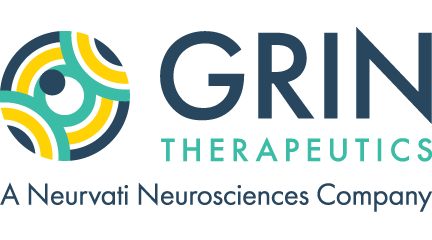About GRIN Therapeutics
Neurodevelopmental disorders represent significant areas of unmet need in healthcare. People affected by these disorders, predominantly children and young adults, can face a range of severe and devastating symptoms. In many cases, there are only limited or no treatments available. GRIN Therapeutics is dedicated to the research and development of precision therapeutics for pediatric neurodevelopmental disorders with the goal of bringing hope to patients and caregivers.
GRIN Therapeutics is advancing promising research and development to assess the safety and efficacy of the investigational therapy radiprodil for the treatment of serious neurodevelopmental disorders including GRIN-related neurodevelopmental disorder (GRIN-NDD), tuberous sclerosis complex (TSC), and focal cortical dysplasia (FCD).
In many cases, pediatric neurodevelopmental disorders are rare diseases that are not widely known or understood. In our effort to potentially bring new options to people living with pediatric neurodevelopmental disorders, GRIN Therapeutics is privileged to work with many of the global leaders in research, patient care, and advocacy to help build broader awareness of the impact of these disorders among patients, caregivers and communities.

